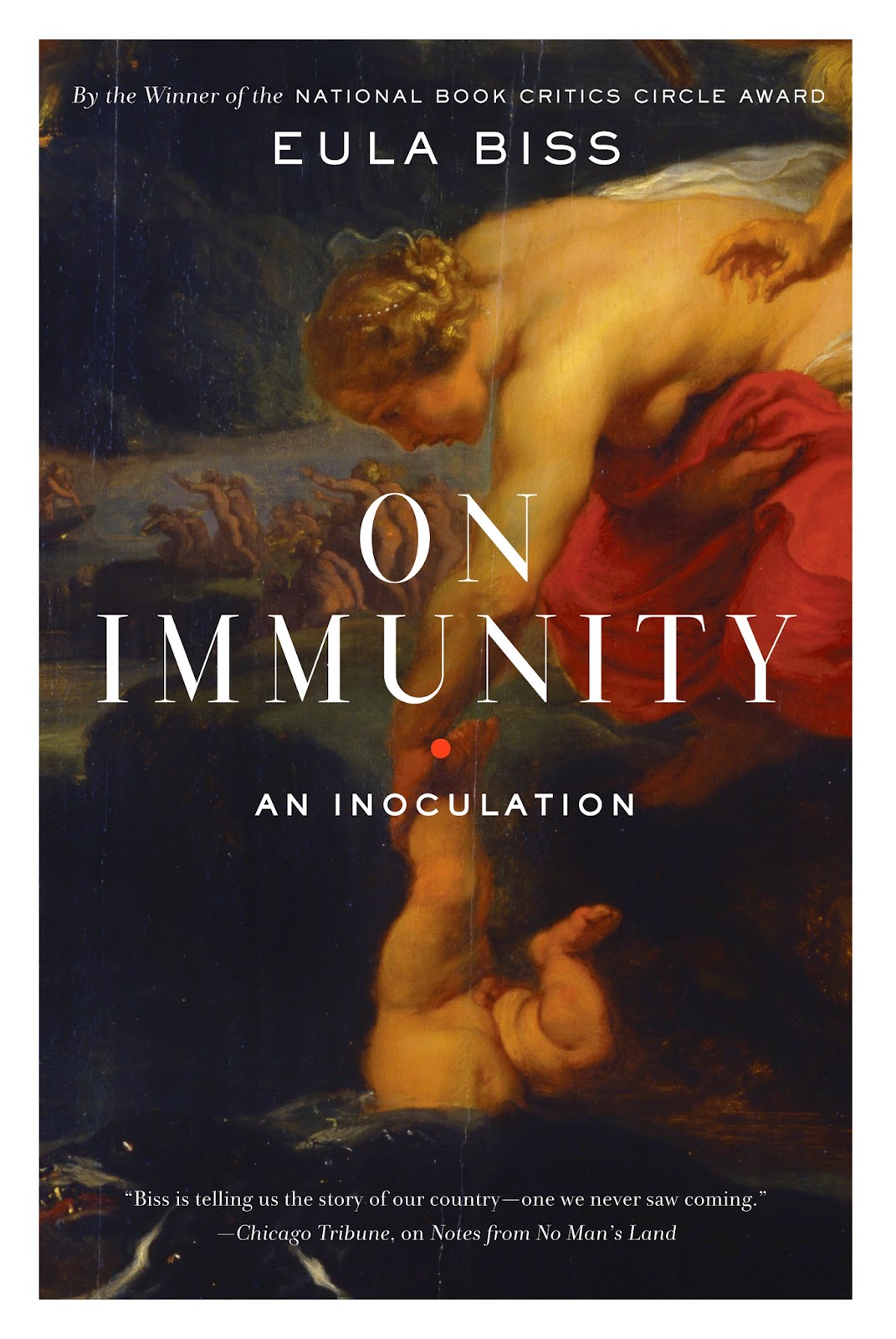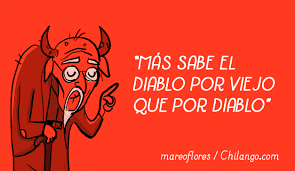A Poetic Argument for Vaccination
Mature, public conversation about issues that matter is foundational for democratic society. I am delighted that Mark Zuckerberg's "A Year of Books" offers such an opportunity. To contribute to that dialog, I will offer commentary on each of the readings proposed by Zuckerberg.
For Mark Zuckerberg's fourth pick, he chose Eula Biss's On Immunity: An Inoculation. Zuckerberg, venturing into the vaccination debate, made the selection alongside an outbreak of measles at Disney.
The mother of a newborn son, Biss discovers the vulnerability of her child. Wanting to protect him, she examined the questions surrounding vaccinations. Biss met with scientists, physicians, and specialists in public health, as well as consulting with her father, a physician. Additionally, Biss seemingly reviewed a considerable body of medical and scientific literature. She also renders intelligible the origin and history of vaccinations. However, as a writing instructor at Northwestern University, Biss is a poet writing in prose. One might say that her argument for vaccination is a poetic argument rather than a linear argument.
Ruminating on words and their origin, Biss contemplates the metaphors of public health. For instance, she reminds us that a "germ" is an organism that causes disease, but also the word's root is "seed" (p. 29).
Reading On Immunity, we encounter Achilles and Narcissus from Greek mythology. We find citations from philosophers Karl Marx and Immanuel Kant, from poets John Keats and Ranier Maria Rilke.
Between these literary and philosophical citations, Biss makes the case for immunization as well as raising more difficult issues of socio-economic status with conclusions like: "Wealthier countries have the luxury of entertaining fears the rest of the world cannot afford" (p. 92). What will it take to help us see the truth of these statements as well as other issues that vex us? I am not entirely certain. I am reminded of the T.S. Eliot line from "Burnt Norton" of the Four Quartets: "Human kind cannot bear very much reality." Biss poetically tells a story, wrapped in mythology, that points towards significant truths. Perhaps her medium permits us to bear more reality.
An able, stylish writer, Biss pens a book worth the read.
For Mark Zuckerberg's fourth pick, he chose Eula Biss's On Immunity: An Inoculation. Zuckerberg, venturing into the vaccination debate, made the selection alongside an outbreak of measles at Disney.
The mother of a newborn son, Biss discovers the vulnerability of her child. Wanting to protect him, she examined the questions surrounding vaccinations. Biss met with scientists, physicians, and specialists in public health, as well as consulting with her father, a physician. Additionally, Biss seemingly reviewed a considerable body of medical and scientific literature. She also renders intelligible the origin and history of vaccinations. However, as a writing instructor at Northwestern University, Biss is a poet writing in prose. One might say that her argument for vaccination is a poetic argument rather than a linear argument.
Ruminating on words and their origin, Biss contemplates the metaphors of public health. For instance, she reminds us that a "germ" is an organism that causes disease, but also the word's root is "seed" (p. 29).
Reading On Immunity, we encounter Achilles and Narcissus from Greek mythology. We find citations from philosophers Karl Marx and Immanuel Kant, from poets John Keats and Ranier Maria Rilke.
Between these literary and philosophical citations, Biss makes the case for immunization as well as raising more difficult issues of socio-economic status with conclusions like: "Wealthier countries have the luxury of entertaining fears the rest of the world cannot afford" (p. 92). What will it take to help us see the truth of these statements as well as other issues that vex us? I am not entirely certain. I am reminded of the T.S. Eliot line from "Burnt Norton" of the Four Quartets: "Human kind cannot bear very much reality." Biss poetically tells a story, wrapped in mythology, that points towards significant truths. Perhaps her medium permits us to bear more reality.
An able, stylish writer, Biss pens a book worth the read.




Comments
Post a Comment